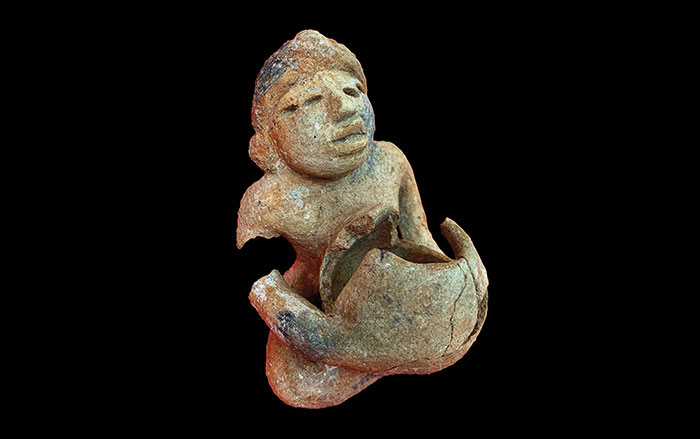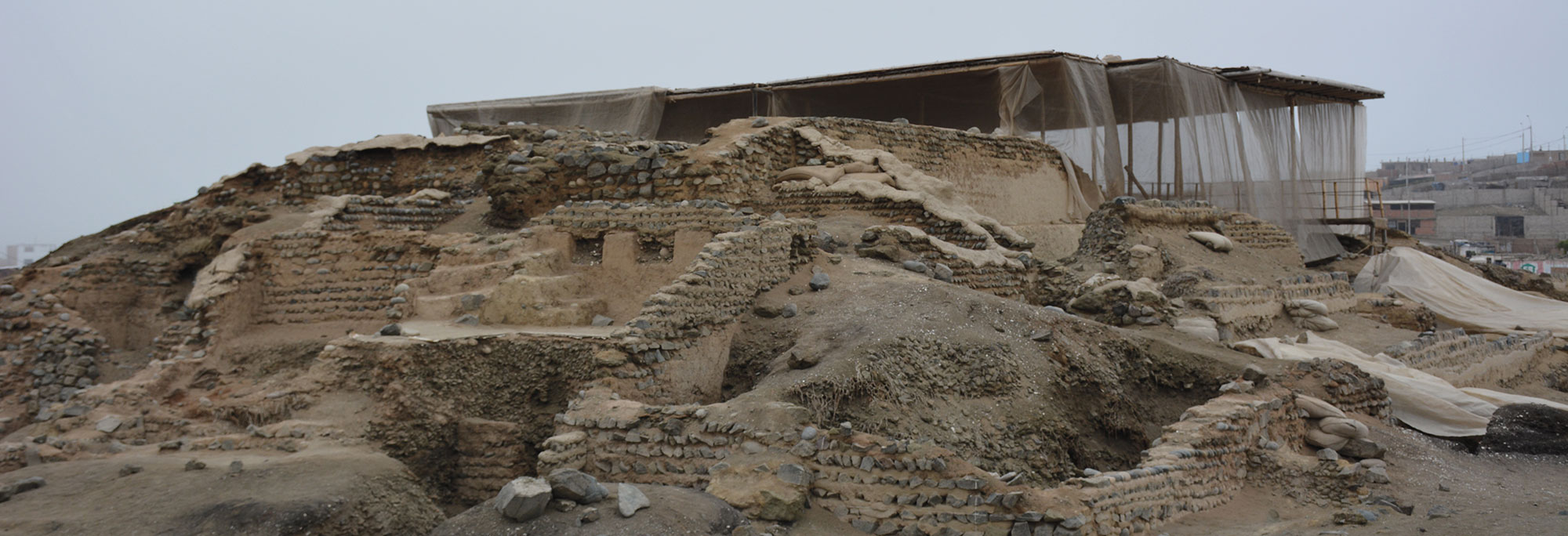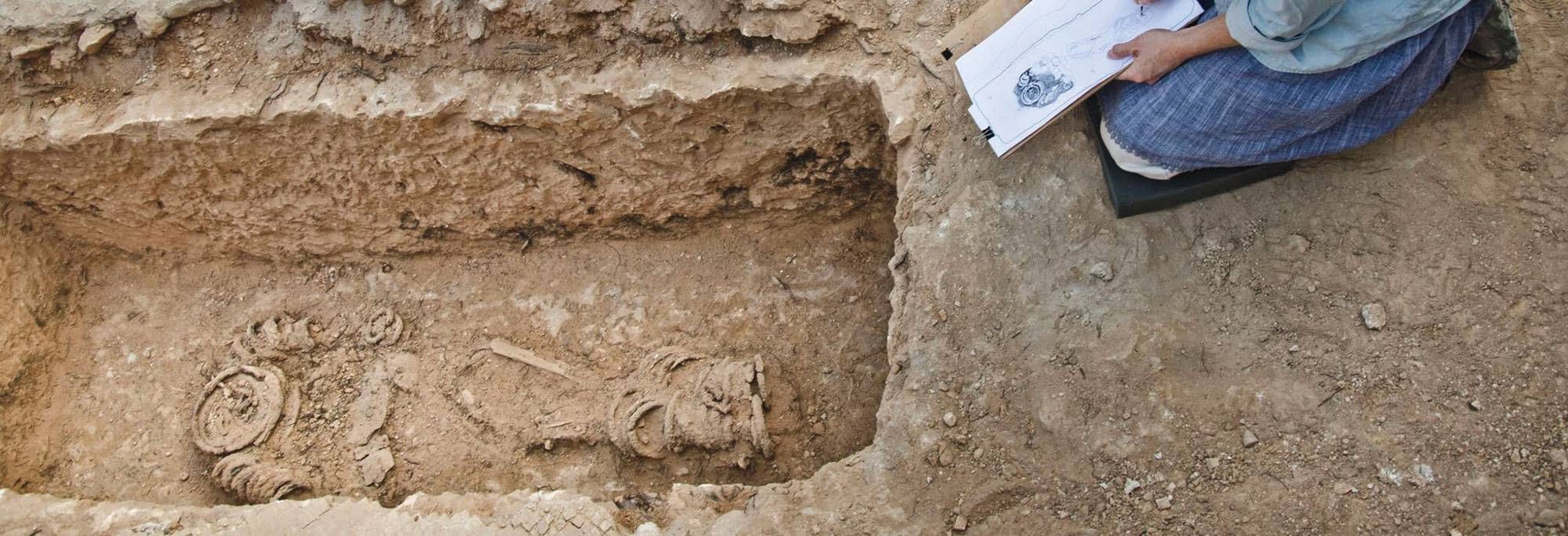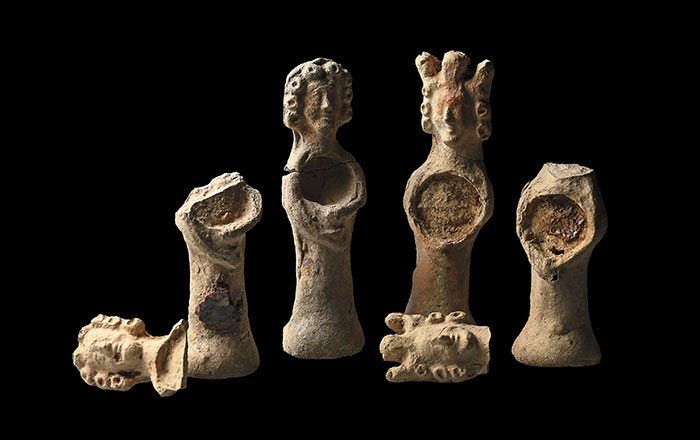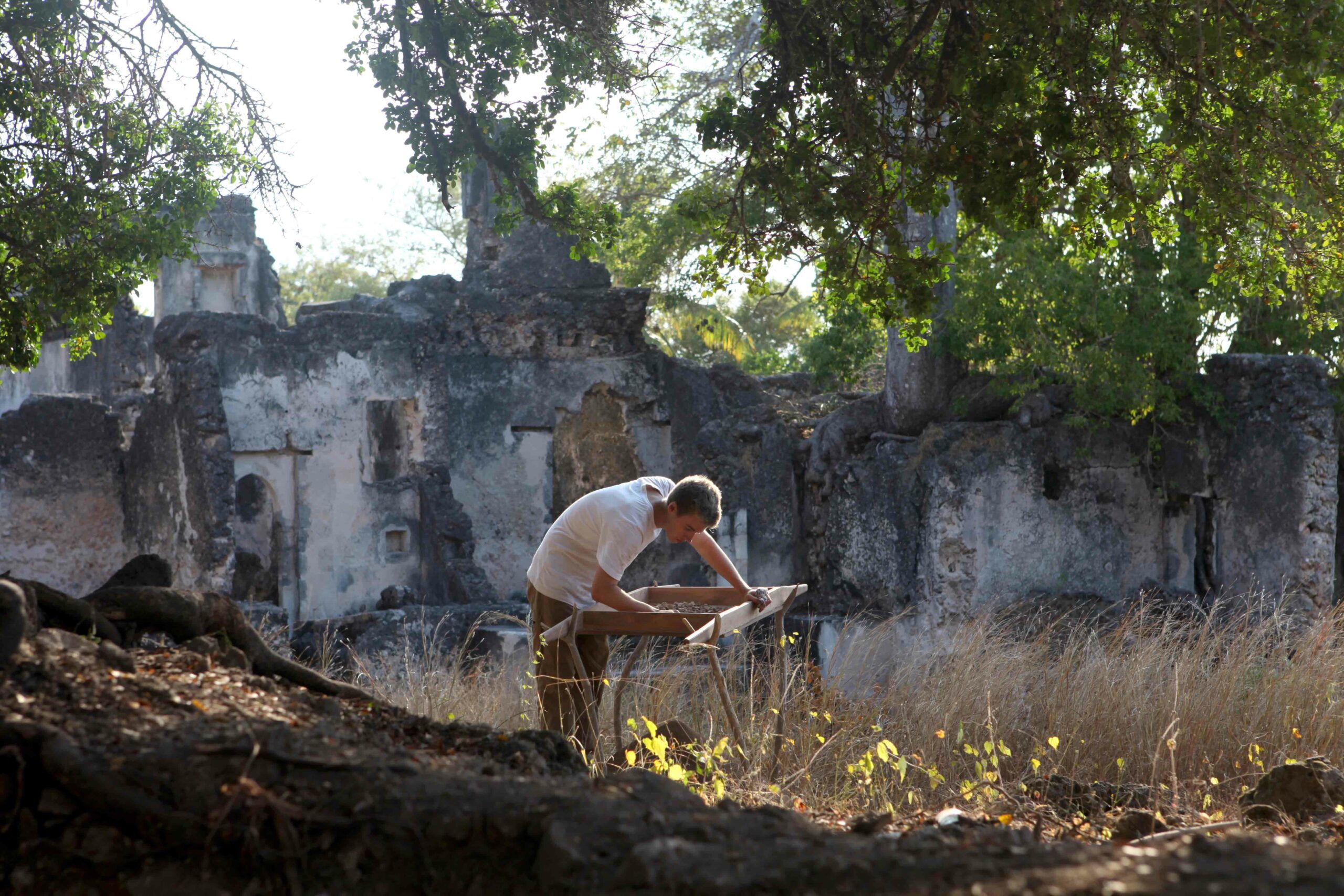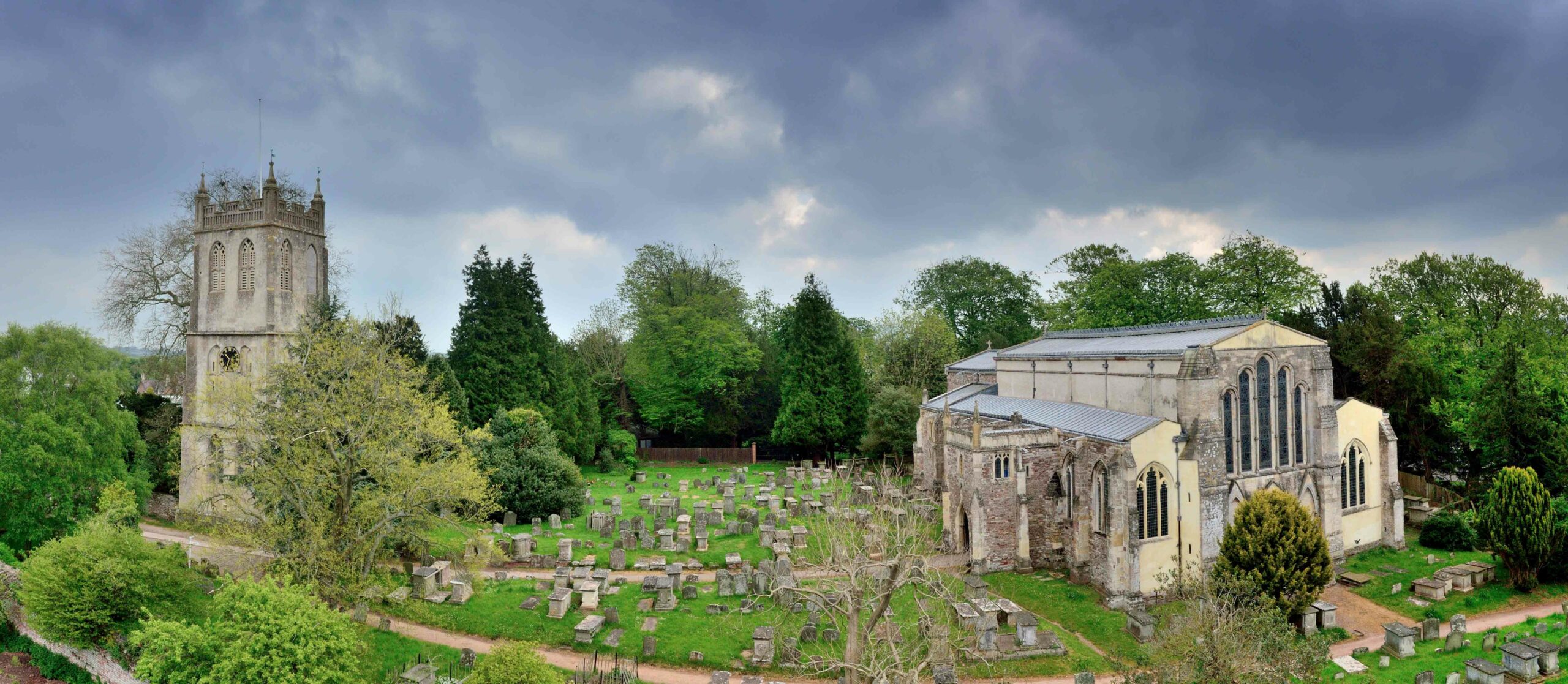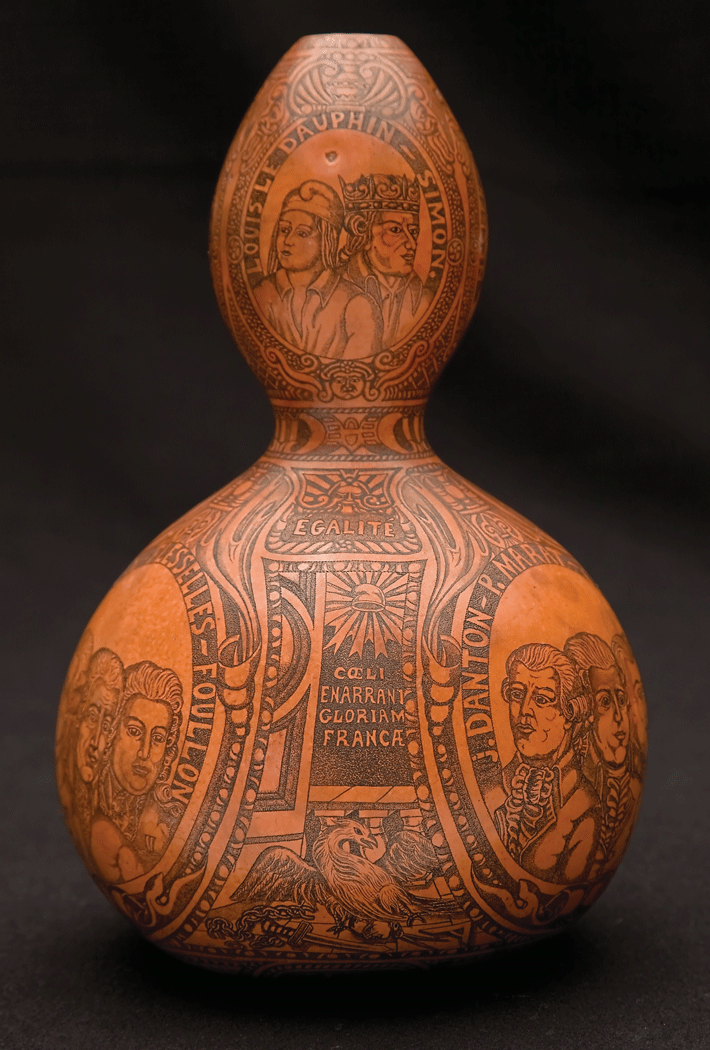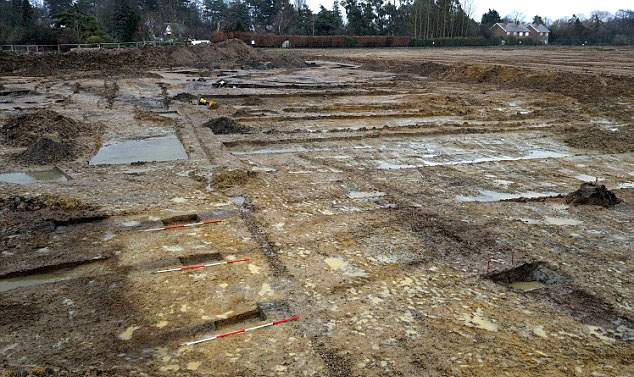
CAMBRIDGESHIRE, ENGLAND—Construction work at Cambridge University has uncovered a Roman irrigation system dating between 70 and 120 A.D., in addition to traces of settlements from the later Neolithic period, the Bronze Age, and the Iron Age. The irrigation system may have watered grapevines or asparagus plants in an inland area that was away from the main river valleys. “There has been evidence of gardens and wells, but the extent to which there are planting beds arranged in parallel and along a slope, connecting directly to a water source, is new territory,” archaeologist Chris Evans told BBC News.


